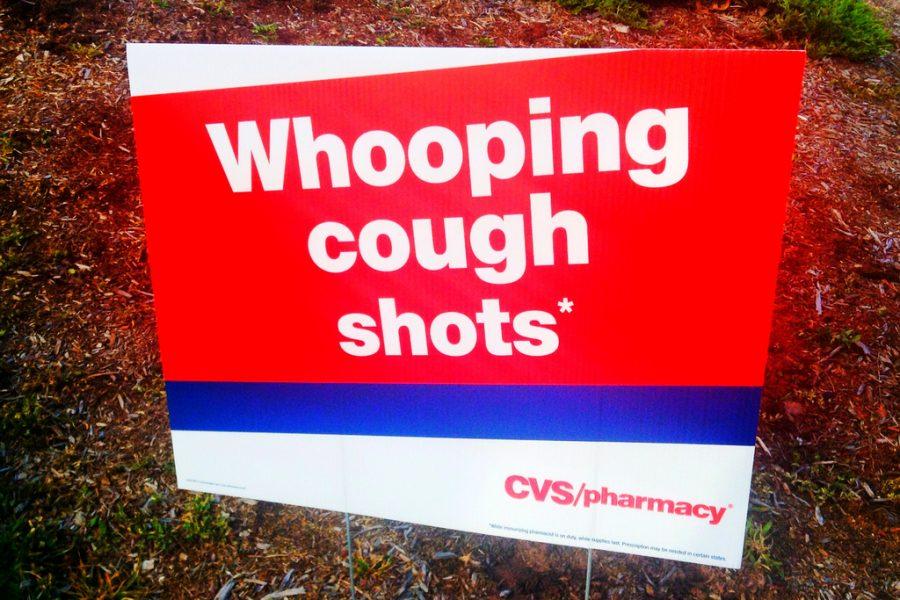NSD student confirmed to have Whooping Cough
More stories from Catherine Hilliard
A Neshaminy School District student was confirmed to have contracted the Whooping Cough, or Pertussis, a contagious bacterial disease that can cause serious illness ranging from infants to adults of all ages.
Concerns have spread across the district as fellow students, teachers and parents are made aware of the cases in a newsletter sent out by Neshaminy High School Principal, Rob McGee. The student attended Neshaminy High School.
McGee has confirmed the school district and the Bucks County Department of Health has been in contact.
According to Centers for Disease Control and Prevention (CDC), the disease spreads through the air by infectious droplets. It is spread easily through coughing and sneezing. Symptoms usually start with cold-like symptoms, mild cough, runny nose or fever and typically last one to two weeks.
Neshaminy High School nurse Joanne Strack says other ways to prevent pertussis are to, “drink lots of water, eat nutritional foods, get a good night’s sleep, and have good hand-washing technique. If students think they have a possible case, they should see their doctor.”
In babies, the cough can be minimal, or not present at all, which can cause them to stop breathing and turn blue. Infants may have the symptom known as “apnea”, which is a pause in the child’s breathing pattern. This disease can be deadly for babies, who are too young to have protection from their own vaccines.
After one to two weeks of the early symptoms and the disease continues to progress, the traditional symptoms of pertussis appear and include paroxysms, which are rapid coughs followed by a high-pitched “whoop”, exhaustion after coughing fits, and vomiting during or after coughing for long periods of time.
Pertussis can cause rapid and violent coughing, that occurs over and over until the air from the lungs is removed and the person is forced to inhale, resulting in a loud “whooping” sound. The coughing fits become worse and more consistent as the disease continues.
Recovery can be very slow, as the cough becomes less common. The illness is less severe in teens and adults, especially in cases where the person is vaccinated. Some cases can require hospitalization. The best way to prevent contracting whooping cough is through the vaccination with DTaP for infants and children and Tdap for preteens, teens and adults.
State and local vaccinations for Diphtheria, Tetanus, Measles, Rubella, Polio, and Pertussis are requirements for daycare, public school and often private school and crucial in order to regulate high vaccination coverage rates and lower rates of vaccine-preventable diseases (VPDs).
All states provide medical exemptions, and some state laws also offer exemptions for religious or philosophical reasons.
The CDC’s studies have proved that the vaccine exemptions tend to cluster geographically, resulting in some communities at a greater risk for outbreaks.
For more information:
•http://levittownnow.com/2016/04/05/neshaminy-student-diagnosed-with-whooping-cough/
•http://www.cdc.gov/vaccines/imz-managers/laws/state-reqs.html
•http://www.cdc.gov/pertussis/about/signs-symptoms.html


